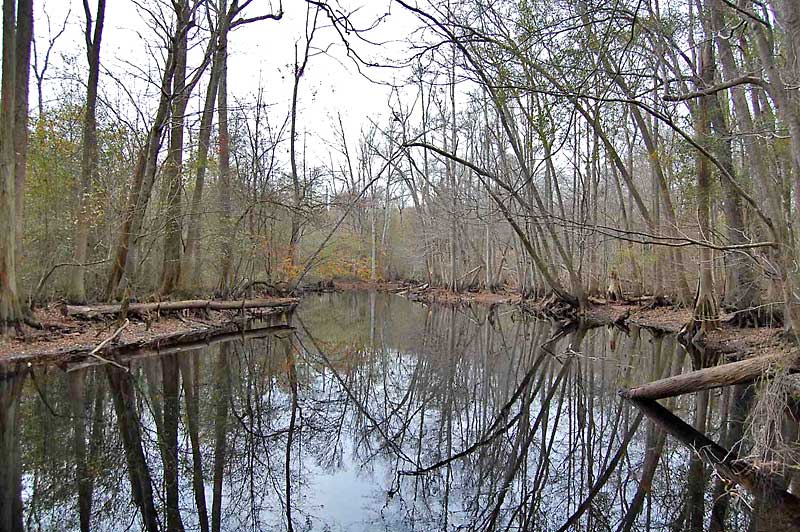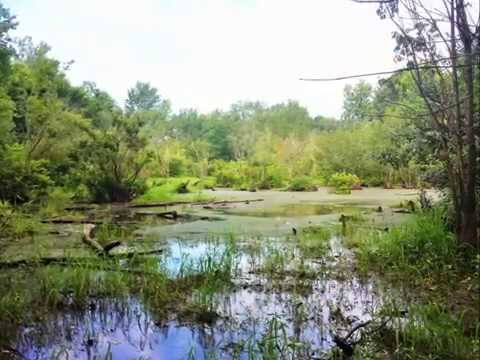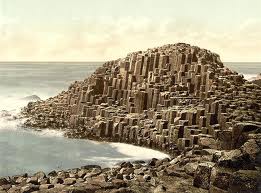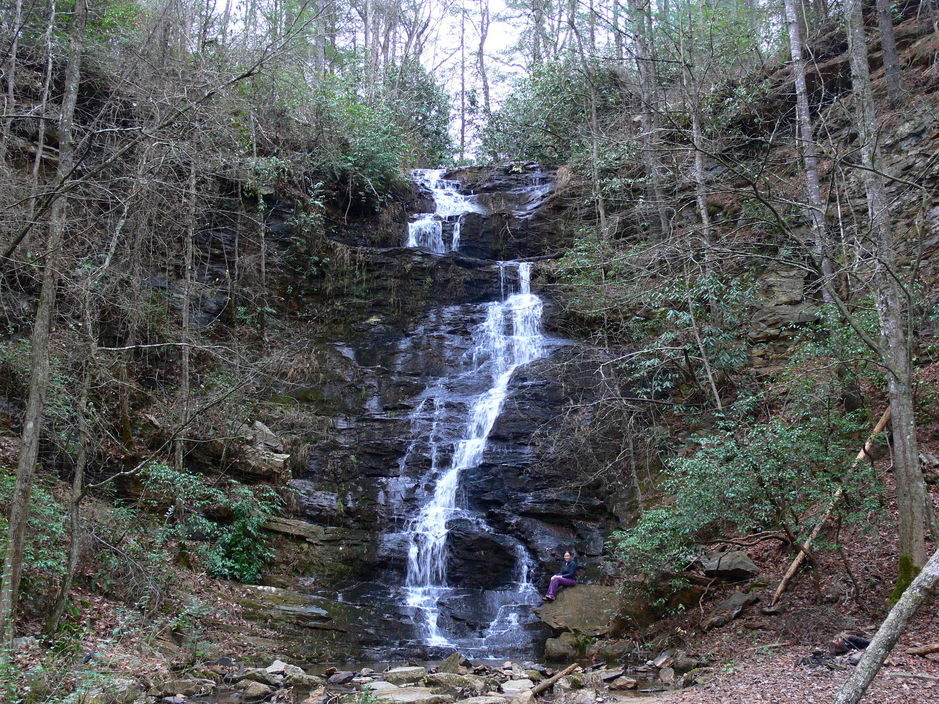Genealogy Records available to members of North Carolina Pioneers
Indexes to Wills and Estates
- 1821 to 1860
Images of Sampson County Wills and Estates
- Bass, Joshua
- Bell, Robert
- Blackburn, William
- Bradshaw, John
- Brown, Arthur
- Bunting, David
- Buttar, Robert
- Fisher, John
- Frederick, James
- Fryers, Jonathan
- Gaines, Batholomew
- Gates, John
- Gates, Mary Ann
- Godwin, Nathan
- Gregory, Lott
- Grigory, Lott
- Henderson, William
- Ivey, Thomas
- Jackson, Richard
- Johnson, Joshua
- Kennada, Patrick
- Lanier, John
- Lee, Burchet
- Matthew, Joel
- Merrit, Gabriel
- Peterson, Aaron
- Register, Joseph
- Ridgeon, Matthew
- Royal, Owen
- Stevens, John
- Strickland, Molly
- Thornton, Berry
- Thornton, Nathaniel
- Thornton, Susannah
- Treadwell, John
- Williamson, Wright
Names of Families in Sampson County Wills, Estates, Genealogies
Sampson County was organized in 1784 and taken from neighboring county of Duplin. Land from neighboring Wayne County and New Hanover counties would be annexed later. The settlers were Scotch-Irish immigrants from North Ireland, many of who came to the colony of North Carolina under the protection and inducements of Henry McCulloch, a wealthy London merchant. The community of Taylors Bridge, located about halfway between Clinton and Harrells in lower Sampson County (at the time Duplin County), was one of the earliest European settled areas of the county, with pioneer families living there as early as the 1730s or 1740s. The Swiss from New Bern came into this area during the mid-eighteenth century. The county was named after Lieutenant General John Sampson, the first mayor of Wilmington, North Carolina.


The Attributes of a Genealogist
It may appear to others that we are permanently part of a library setting, however, there are some hidden assets in the life of a genealogists. A good memory. Remembering names, dates and places. The secret behind this asset is attributable to our hard-to-find-ancestors. Yes, the task of searching just about everywhere trying to find an ancestor is sure to imprint this information upon the mind. As we age and fall back upon events, we realize the importance of having a good memory.

Rationalization of names, places and events is a good work out exercise for the brain. You might be labeled a problem solver. The ability to assemble the family group sheet with persons of the correct generation despite the duplicity of names and dates. A fondness of traveling around. Historical sites are appreciated, but an old mill pond or cemetery is also pleasurable. Excitement over small finds. Discovering an ancestor in a record is akin to seeing a good movie. Then there is the historian in us, that part of ourselves who is able pinpoint the life of an ancestor with the times and to envision the role which he played during important historical events. Have you noticed that people ask you about history? You have answers because your imagination took you to the victories and defeats of the kinfolk. The techniques of analyzing old photographs. Recognizing fashions of the times, hairdos and the positioning of poses, facial expressions as being the same person who has aged is a true and useful ability.

Reedy Branch Falls
Reedy Branch Falls. In a Land Patent dated 10 April 1761, William Magee was granted 460 acres of land by Governor Arthur Dobbs. The grant was located on the East side of the Little Coheary River near the Reedy Branch. A year later he sold it to Jacob Long, a blacksmith of Caroline County in the Colony of Virginia. There are a number of swamps in the region, viz: Young, Grove and Nohungow Swamps. Source: Sampson County Deed Book 4, page 60.